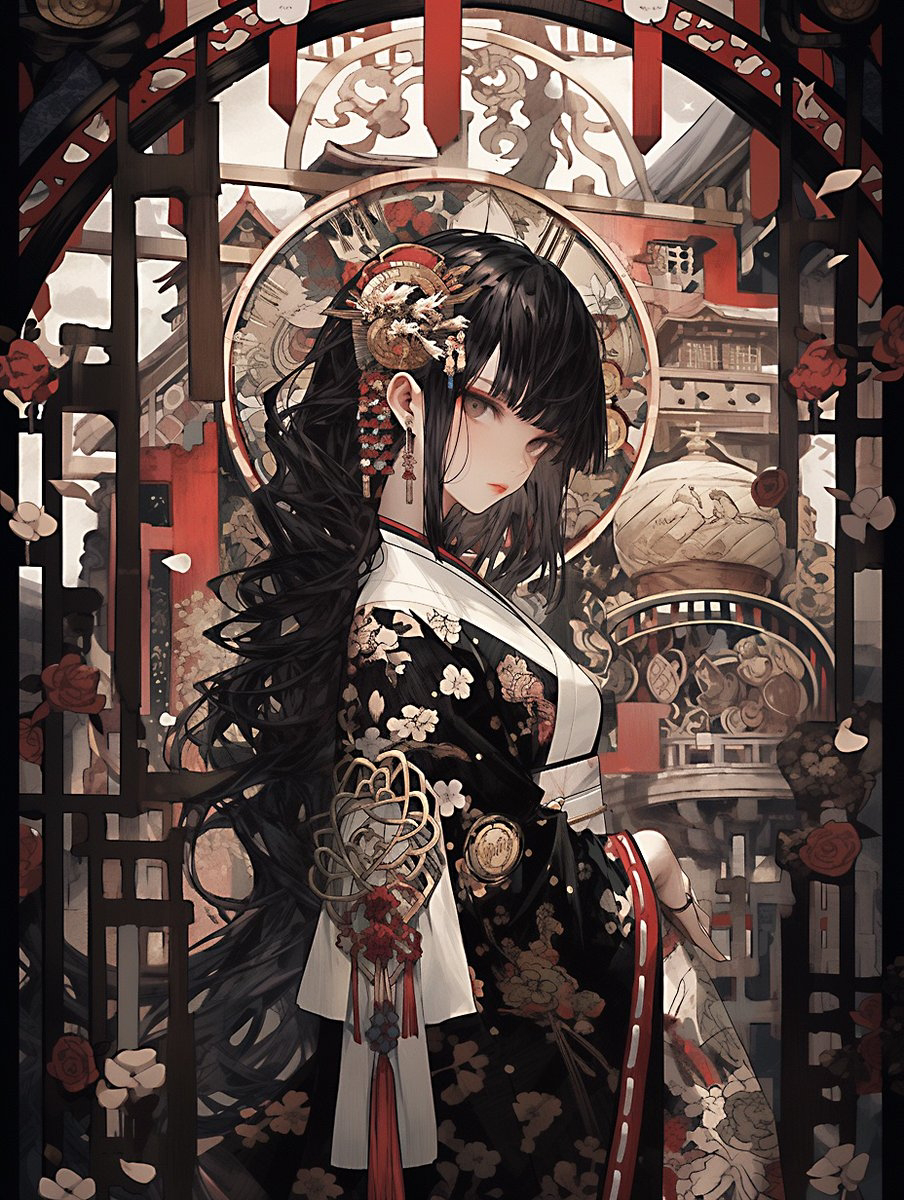It has been revealed that Musashino Art University (Tokyo) and others canceled a painting contest that sought artworks created by image-generating AI using submissions in June and July. The organizers had initially required the use of a specific image-generating AI app, but due to misrepresentations about the app's features and concerns about copyright infringement on social media, they decided to cancel the contest. The contest was co-hosted by Musashino Art University, education venture "StudyPlus," and internet service company "KAYAC."
The contest required the use of an image-generating AI app provided by a Tokyo company, which allowed users to use an AI called "Stable Diffusion," developed by a British company, to create artworks in Japanese. This particular AI had sparked copyright infringement concerns as artists claimed their works were used without permission in the AI's training data.
The organizers initially misunderstood the app's functionality, describing it as a service that only used images with expired copyrights. However, they were criticized for potentially using copyrighted images, prompting them to clarify and apologize for the misrepresentation on July 13.
The cancellation decision was influenced by concerns that awarding specific artworks might lead to criticism due to potential copyright issues. Musashino Art University expressed that they take the inability to provide an award platform seriously.
Regarding AI and copyright, while Japanese copyright law allows AI to learn without authorization, discussions about exceptions and cases of copyright infringement related to AI-generated content remain ongoing. The government began substantial discussions on these matters in June.
The university acknowledged the ongoing debates surrounding AI and copyright issues and explained that they conducted the contest based on the understanding that there was no illegality under domestic law. They viewed the contest as a sincere attempt to engage with a technology that's generating increasing debate.
However, the concerns raised about copyright led them to decide not to select award-winning works to avoid potential criticism. The university commented that they take this inability to provide an award seriously.
With the increasing proliferation of AI, the Japan Agency for Cultural Affairs held a copyright seminar in June, cautioning that AI-generated works could potentially infringe copyright. The seminar emphasized the need to consider AI's development and learning stages, as well as its generation and usage stages, in relation to copyright. It noted that using databases for learning that unfairly harm the interests of copyright holders is not permissible without authorization. For AI-generated works, their copyright infringement status would be evaluated similarly to hand-drawn works, and creating similar illustrations by referencing existing copyrighted works without permission could potentially be considered copyright infringement.
